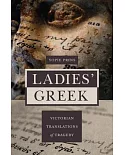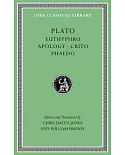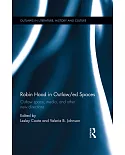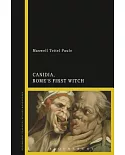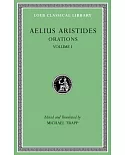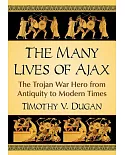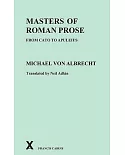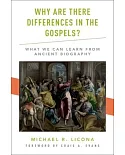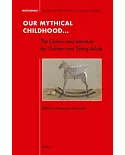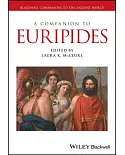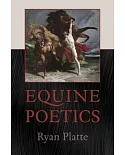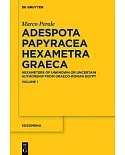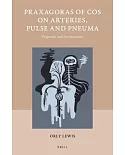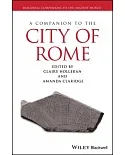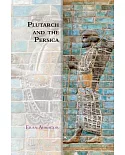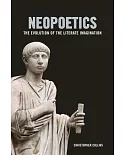A characteristic of Greek and Latin poetry (sometimes an intimidating one) is the variety of metrical shapes it can adopt. Llewelyn Morgan offers an accessible account of some of the most
common of these metres in Roman poetry, and explains how the poets can exploit them to support, supplement, or indeed drive the meaning of the poems they carry. Metre is revealed as an aspect
of Roman poetry which is every bit as creative as its word play, and new insights are given to a range of Roman poems, from reassessments of familiar poems by Catullus and Horace to
explanations of the remarkable artistry underlying less mainstream works by Martial, Statius, and Lucilius.


